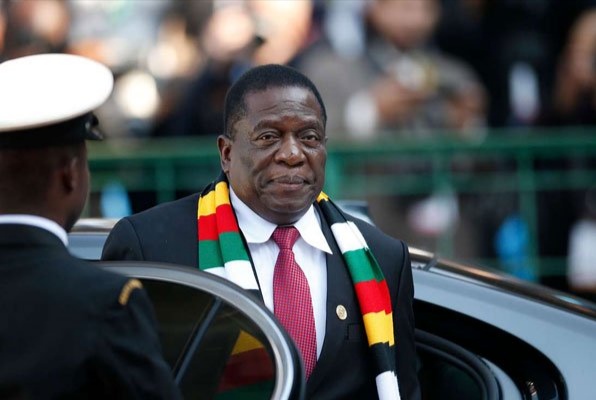Zimbabwe and Zambia, former Southern and Northern Rhodesia, have had a strong relationship, with citizens regarding each other as brothers and sisters.
Recent developments indicate a potential shift in this bond.
In the 2021 Zambian elections, opposition leader Hakainde Hichilema defeated incumbent Edgar Chagwa Lungu, an ally of Zimbabwean leader Emmerson Mnangagwa.
Hichilema’s victory signaled a wave of change across Africa, particularly in the Southern African Development Community (SADC) region.
Hichilema’s assumption of power and inclusion among SADC leaders were expected to transform the bloc, often accused of protecting dictators and revolutionary movements.
With Zambia leading SADC, expectations were high, especially in Zimbabwe, where the opposition had complained about rigged elections for over 20 years without success.
It is well-known that Zimbabwe’s elections since 2000 have been marred by violence, yet the SADC bloc failed to rein in Zanu PF and the late Robert Mugabe.
Despite international condemnation of Zimbabwe’s elections, SADC consistently supported Zimbabwe.
Mugabe was shielded by allies in SADC, and Western countries accused South Africa, under former President Thabo Mbeki, of employing quiet diplomacy.
The British government even accused Mbeki of blocking a military intervention in Zimbabwe, illustrating the camaraderie among SADC states.
Hichilema, aligned with Chamisa and South African opposition leader Mmusi Maimane, was expected to usher in a departure from the era of mutual protection upon assuming SADC leadership.
His tenure coinciding with Zimbabwe’s upcoming elections was promising for pro-democratic movements south of the Zambezi.
As anticipated, the SADC observer mission, led by Nevers Mumba, condemned the 2023 elections, marking a precedent with its report criticizing the polls for failing to meet democratic standards.
This displeased the Mnangagwa administration, expecting bloc protection.
Subsequently, Zanu PF attempted to portray Hichilema and Mnangagwa as allies, showcasing their pictures from international conferences online.
However, Mnangagwa’s revelation of discontent with Zambia to Russian leader Vladimir Putin was seen as a diplomatic blunder that could strain relations further.
While both Hichilema and Mnangagwa previously employed quiet diplomacy against each other, Mnangagwa’s actions could change this dynamic.
The Zimbabwe-Zambia standoff could signify a significant shift for SADC, with countries potentially ceasing to cover each other’s backs.
Zimbabwe stands to lose the most if this occurs, facing economic crises, international condemnation, and isolation, relying on regional bloc protection.
This could be a triumph for critics who accuse SADC of silence on the Zimbabwean crisis despite its impact on regional economies and security.



